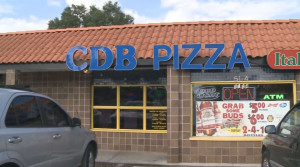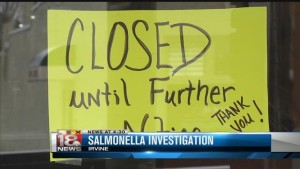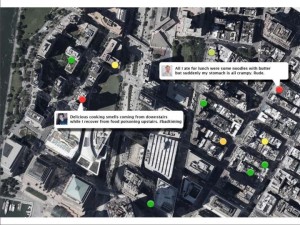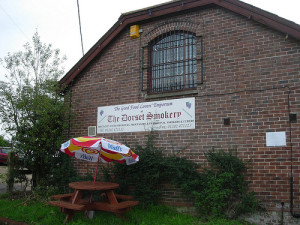Chipotle Mexican Grill Inc received praise for its handling of potential Norovirus infections at a Boston-area restaurant, as sick employees stayed home and the burrito chain quickly cleaned the restaurant.
 Shares of Chipotle fell as much as 6.1 percent early, then gained back some ground after the head of the Billerica, Massachusetts public health department said the restaurant was cleaned and would reopen on Thursday. The stock closed down 3.4 percent at $506.63.
Shares of Chipotle fell as much as 6.1 percent early, then gained back some ground after the head of the Billerica, Massachusetts public health department said the restaurant was cleaned and would reopen on Thursday. The stock closed down 3.4 percent at $506.63.
Reuters caught up with me at the Brisbane airport as me and the fam were about to leave for a 3-week tour of North America.
The closure of the Chipotle in the Boston suburb was seen as a partial test of a new food safety system rolled out after a series of illnesses hit the fresh burrito chain last year.
That workers stayed home in particular was a good sign, said Doug Powell, publisher of the food safety site barfblog.com. “It is an indication that the system is working,” he said. But customers may focus only on the sickness, not the company response. For burrito fans, “It’s just – ooh, they’re barfing at Chipotle again,” Powell said.
The company response was not a test of new measures to ensure ingredients are safe and avoid E.coli, he added.
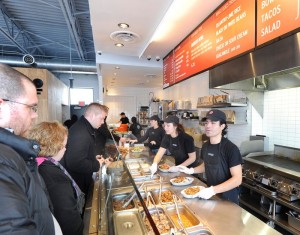
John Patriquin /Staff Photographer; Tuesday, 1/25/11. Danny Leon (on right) and Julia Calder (center) serve customers at Chipotle restaurant in South Portland.
Chipotle food scares last year include two E.coli outbreaks linked to its restaurants that sickened more than 50 people in 10 states, as well as separate outbreaks of norovirus, a highly contagious virus known as the “winter vomiting bug”, in Massachusetts and California that involved more than 350 diners.
Three employees are suspected to have norovirus in Billerica, the town’s Board of Health said. Earlier in the day, local Public Health Director Richard Berube told reporters that one of the three had been confirmed to have the virus.
Berube said Chipotle has been “very proactive” and remaining staff at the burrito restaurant would be screened for norovirus, he added.
Berube, the company and the Massachusetts Department of Public Health all said no customers were known to be sick.
“They did the right thing,” said Howard Penney, who covers the chain for Hedgeye Risk Management. However, he argued that Chipotle was still a “broken company” and that it would take years to return to its peak performance.
Chipotle spokesman Chris Arnold said the company closed the restaurant after employees called in sick.

